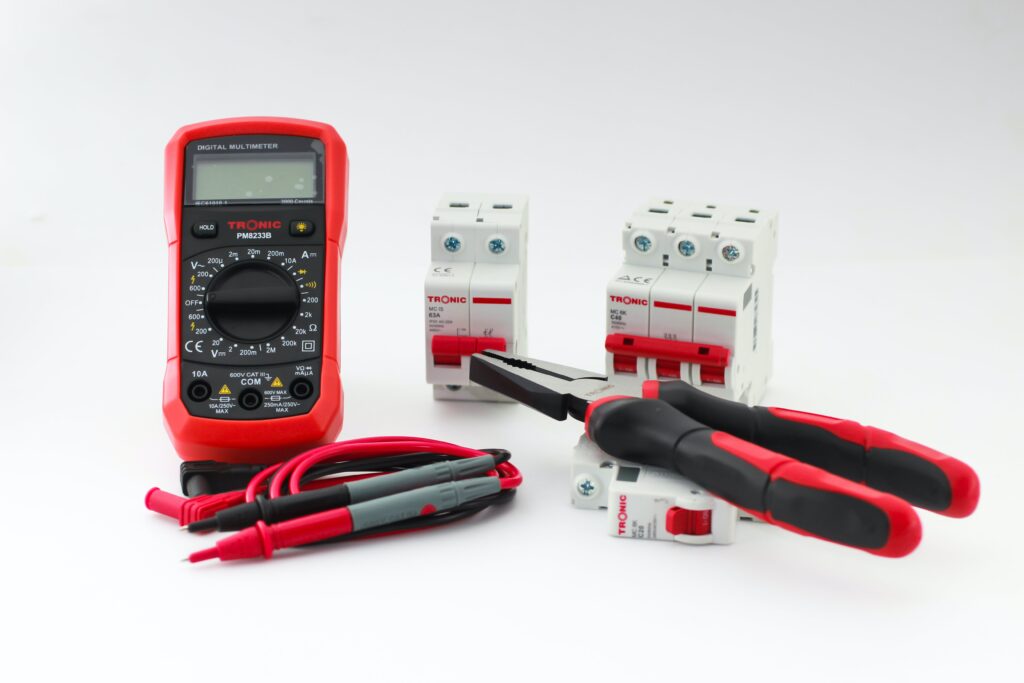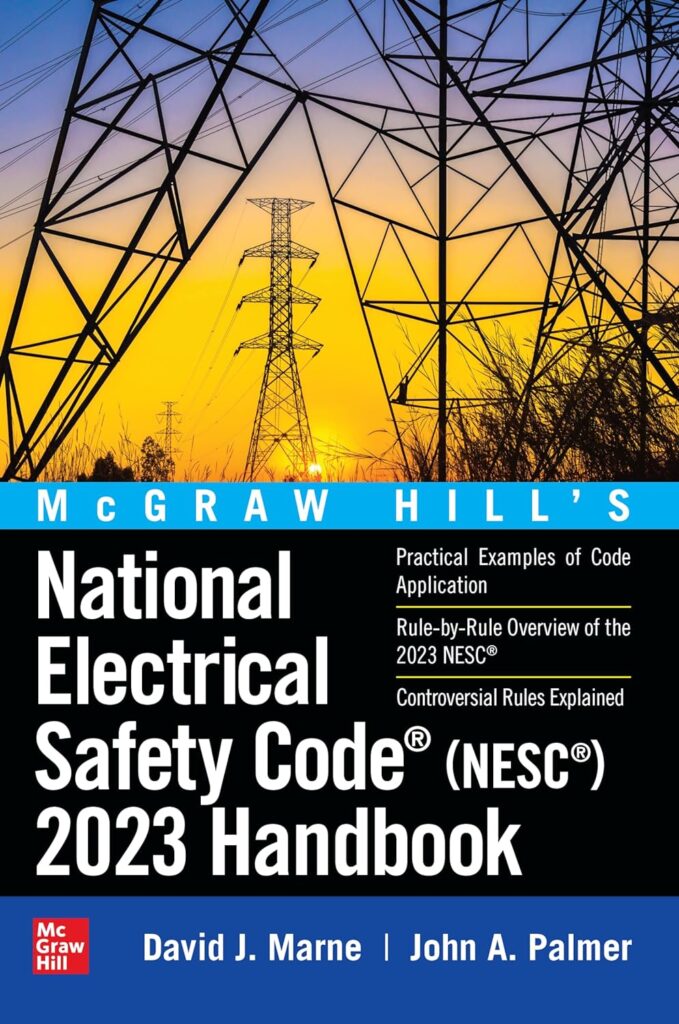
Hazard Prevention
Hazard Prevention -Electricity is an indispensable part of our daily lives, powering homes, businesses, and industries. While its presence is ubiquitous, it demands our utmost respect and understanding to ensure safety. Navigating the currents of electricity requires a keen awareness of potential hazards and adherence to best practices. This article aims to shed light on essential electrical safety tips, empowering individuals to create secure environments.
Understanding the Basics
At the core of electrical safety is a fundamental understanding of its basic principles. Electricity follows the path of least resistance, and it is crucial to respect this inherent behavior. Avoiding contact with live wires, outlets, and appliances is paramount. Always assume that a wire or device is live until proven otherwise, and exercise caution accordingly.
Hazard Prevention – Proper Outlet Usage
Outlets are the gateway for electricity into our homes, but their misuse can lead to hazards. Overloading outlets with multiple devices through adapters or power strips is a common oversight. This can result in overheating and potential fires. Spread the load across different outlets, and refrain from daisy-chaining multiple power strips together.
Regular Inspections and Maintenance
Hazard Prevention is key to electrical safety. Regular inspections of your home or workplace can identify potential issues before they escalate. Look for signs of wear and tear on wires, outlets, and appliances. Flickering lights, buzzing sounds, or the smell of burning could be indicators of underlying problems. Promptly address any issues or enlist the help of a qualified electrician.
Hazard Prevention – Ground Fault Circuit Interrupters (GFCIs)
In areas prone to moisture, such as kitchens and bathrooms, installing GFCIs is crucial. These devices monitor the flow of electricity and can quickly shut off power if they detect a ground fault. This added layer of protection significantly reduces the risk of electric shock, especially in areas where water and electricity may come into contact.
Electrical Appliances: Proper Handling and Maintenance
Household appliances are integral to our daily routines, but their misuse can lead to electrical accidents. Always follow manufacturer guidelines for usage and maintenance. Check cords and plugs regularly for signs of damage, and replace them if necessary. Unplug appliances when not in use, and refrain from handling them with wet hands.
Educating Children about Electrical Safety
Children are naturally curious, and their curiosity may extend to electrical outlets and devices. Educate children about the dangers of playing with electrical components and outlets. Consider installing outlet covers to prevent unintended access. Additionally, teach them the importance of notifying adults if they notice any electrical issues.
Emergency Preparedness: Knowing What to Do
In the event of an electrical emergency, knowing the proper response is crucial. If someone receives an electric shock, never touch them directly. Instead, use a non-conductive object to move them away from the source of electricity. Call for emergency assistance immediately. Familiarize yourself with the location of circuit breaker panels and how to shut off power in case of an electrical fire.
Seeking Professional Help
While some electrical tasks can be handled by homeowners, it’s essential to recognize one’s limits. Complex electrical work, especially in commercial settings, should be entrusted to licensed and experienced electricians. DIY endeavors should focus on simple tasks, leaving intricate electrical projects to the professionals.
In conclusion, electrical safety is a shared responsibility. By understanding the basics, practicing preventative measures, and seeking professional assistance when needed, individuals can navigate the currents of electricity safely. Promoting a culture of Hazard Prevention ensures the well-being of both homes and workplaces, creating environments where the benefits of electricity can be enjoyed without unnecessary risks.


2 Comments
Usually I do not read article on blogs however I would like to say that this writeup very compelled me to take a look at and do it Your writing style has been amazed me Thank you very nice article
Thank you I have just been searching for information approximately this topic for a while and yours is the best I have found out so far However what in regards to the bottom line Are you certain concerning the supply